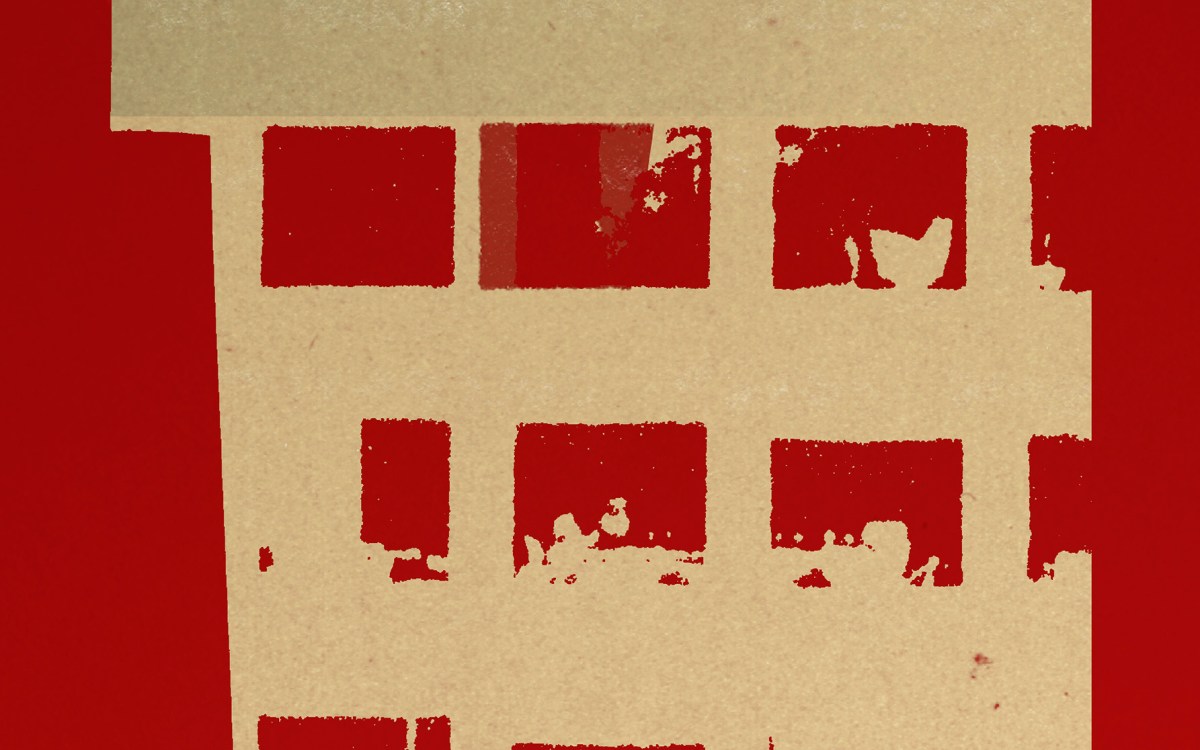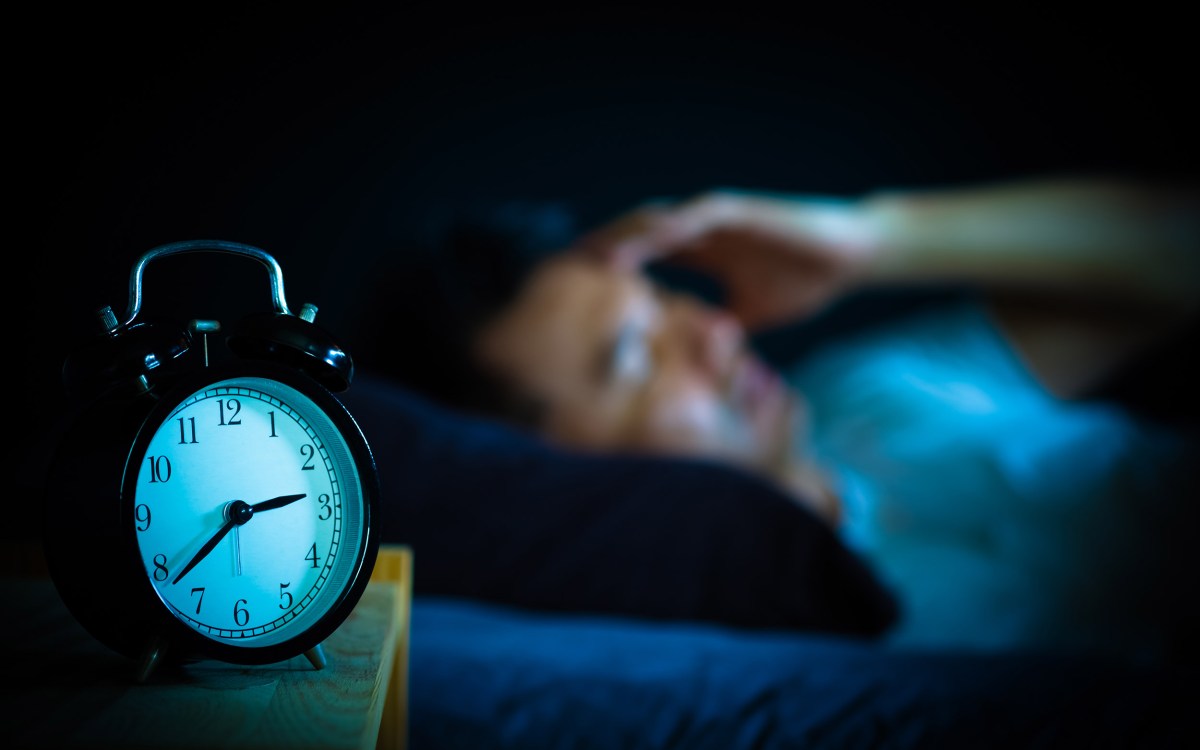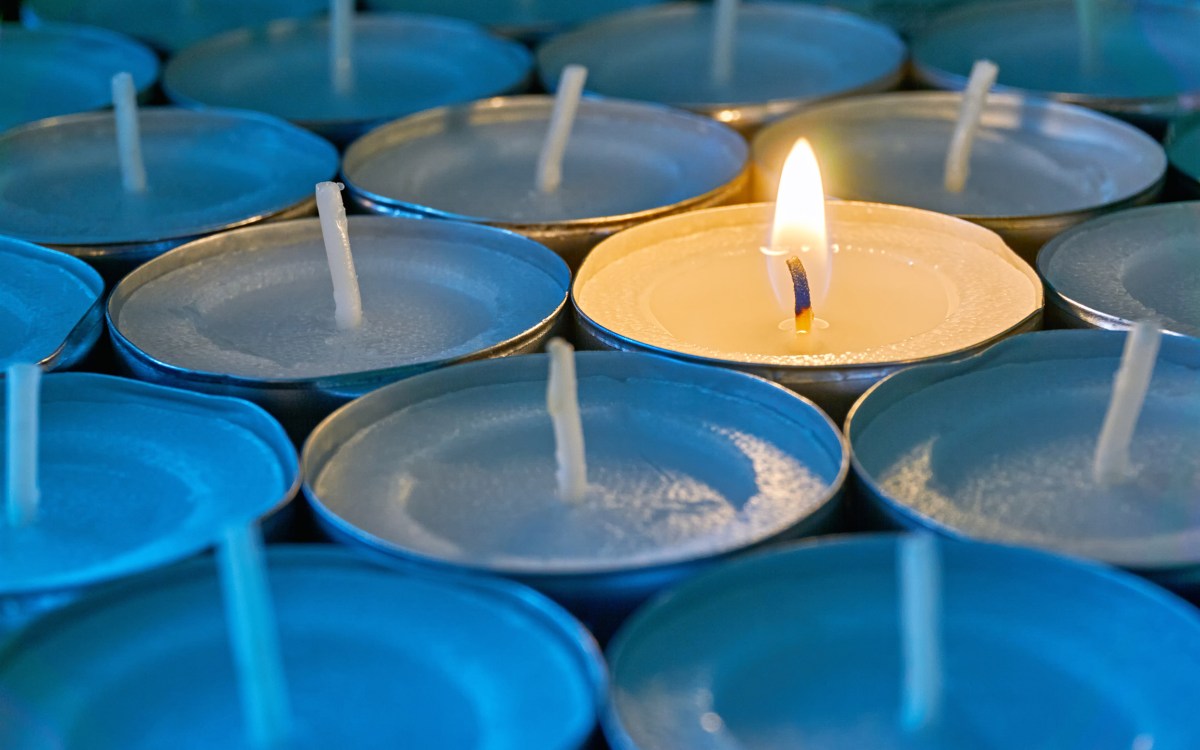
Claudio Schwarz/Unsplash
Mental health in Africa amid pandemic
Experts from Kenya and South Africa discuss the poverty, inequities, social factors, and shortage of medical personnel that hamper treatment efforts
This is part of our Coronavirus Update series in which Harvard specialists in epidemiology, infectious disease, economics, politics, and other disciplines offer insights into what the latest developments in the COVID-19 outbreak may bring.
Though Africa was initially spared effects of the COVID-19 pandemic, the number of confirmed cases there has surged 300 percent to 15,394, and deaths have risen 650 percent to 716 since the beginning of April, according to the World Health Organization. While the continent faces the same related mental health issues as elsewhere, including elevated anxiety and depression, fears of job loss and financial insecurity, and a rise in domestic violence, these are compounded by social factors and by a shortage of caregivers.
That was the takeaway from the latest in a series of talks on global mental health during the pandemic at the Harvard T.H. Chan School of Public Health, which this week brought two experts from Kenya and South Africa to discuss the challenges in their countries. The panel, “Addressing Mental Health During the COVID-19 Outbreak in Africa as Health Care Systems Brace for a Battering,” was moderated by Karestan Koenen and Bizu Gelaye, both of the Chan School, and took place this week over Zoom.
Edith Kamaru Kwobah, who heads the Department of Psychiatry at the Moi Teaching and Referral Hospital in Kenya, said most of Africa was just beginning to accumulate an adequate number of mental health professionals before the COVID-19 outbreak hit; she herself was once the only psychiatrist in a region populated by 25 million Kenyans. Only recently had the government committed to more training, with Kenya’s president, Uhuru Kenyatta, appointing a task force to interview health professionals in response to a wave of homicides and suicides.
“The improvement that we saw in December 2019 was interrupted by COVID-19, but I felt like we were getting to a place of hope,” she said.
Bonga Chiliza, who heads the Department of Psychiatry at the University of KwaZulu-Natal in Durban, South Africa, said that his country was also struggling. Even before COVID-19 South Africa’s health care system had its hands full with the lingering problems of HIV, tuberculosis, noncommunicable diseases, and accident-related injuries.
Outpatient mental health services were available to only 20 percent of the population — most of whom had private insurance. “We have about 850 psychiatrists in a country of 55 million,” Chiliza said. And during the current crisis the government is commandeering psychiatrists to help treat patients, owing to a shortage of medical personnel, a move that is causing some anxiety among a number of the caregivers.
“We’re a very religious people, so not going to church is a sudden change. … Our funerals are a celebration of the life of the departed. People are traumatized by not being able to attend.”
Edith Kamaru Kwobah
“Many of our residents choose psychiatry because they want to stay away from infectious diseases,” Chiliza said. “Some of them are mothers with babies.”
Kwobah added that psychologists in Kenya face a range of challenges, including counseling doctors and nurses who might panic after COVID-19 exposure, and monitoring previous mental health patients who are likely to relapse.
She also said that for Africans, the shutdown presents a particularly tall hurdle. “Social networks are very important to us,” she said. “We’re a very religious people, so not going to church is a sudden change. People are postponing weddings, and our funerals are a celebration of the life of the departed. People are traumatized by not being able to attend.”
In South Africa, life under lockdown is worsened by the social inequality that already existed, said Chiliza. “We’re under hard lockdown, which literally means you have to stay in your house. So the middle class are up in arms because they want to go out for a jog or take their dog for a walk. But for people living in shacks, they wonder how they’re going to stay in there all day: ‘Do I need to die of hunger, or do I take my risk dying of the virus?’ In South Africa that difference is really stark.” Access to telepsychiatry under lockdown is also unequal, as not everyone has access to a working smartphone or a Zoom account.
The one silver lining, the doctors agreed, is that the crisis is helping to ease a longstanding stigma about mental health. Chiliza said that newspapers and radio hosts are for the first time urging their audiences to self-care, and Kwobah noted that Kenya just had its first-ever webinar on physician mental health, with 500 health care workers logging in.
“People are more aware and appreciative,” she said. “I’m now getting calls from physicians who say they need to talk to someone. So yes, we’ve moved some steps ahead. And if COVID-19 had never happened, we’d probably have remained where we were.”







